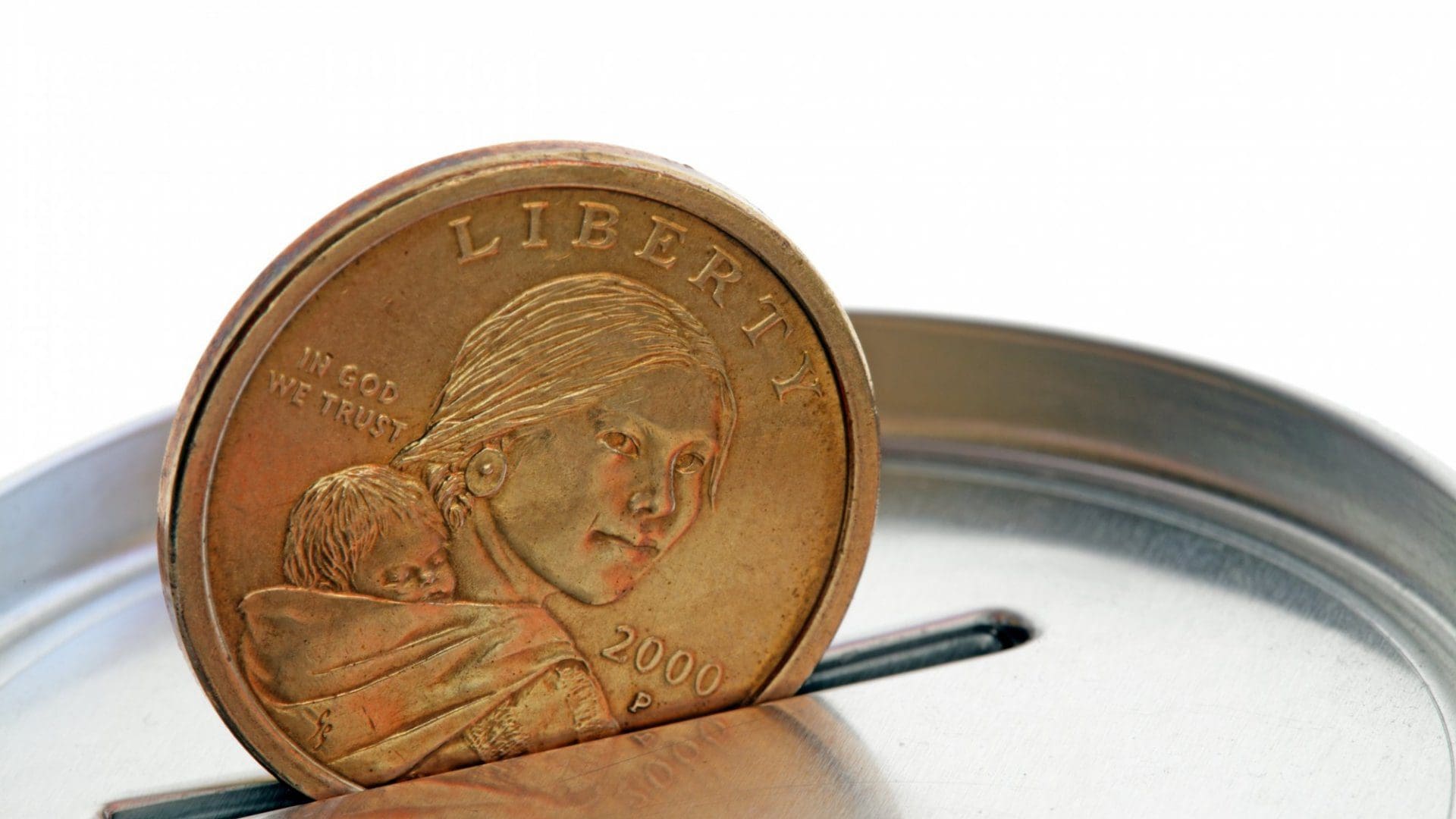Different things motivate all of us. For example, people can be motivated by intrinsic things like the chance to learn or the ability to do their job autonomously. Others can be motivated by the fact that they believe your company is doing good work in the world, which is a vision they can align themselves with (I’m looking at you, Millennials).
While the idea of making money for money’s sake is somewhat out of fashion these days, the fact that landing big bucks as a result of reeling in big deals motivates your top salespeople is OK. When a salesperson is called a “shark,” it’s meant as a compliment because they are always looking to feed on the next big deal they can get their teeth into, in the most efficient way possible.
That’s because the best salespeople are coin-operated. If you put enough economic rewards in front of them, it will change their behavior. To paraphrase a line from footballer Rod Tidwell (played by Cuba Gooding Jr.) in the movie Jerry Maguire: “Show them the money!”
Now some organizations struggle with this truth, so they try and find ways to put more of their salespeople on salary. But guess what happens? The sales team becomes far less aggressive about landing new accounts. You begin to develop salespeople who are “farmers” versus those who are “hunters.” (You can read more about the distinction between hunters and farmers in my separate article).
If you don’t give your hunters the incentive to earn big commission, you also won’t attract the true rainmakers, who will only work for companies that give them the chance to capture the rewards when they outperform their goals. Remember: The best salespeople are coin-operated, and it’s OK!
That said, there are some caveats to keep in mind when it comes to structuring your compensation plan for your sales team. What you want to watch out for is motivating wrong behaviors.
Let’s say, for example, that you pay your sales team a commission based on top-line revenue. The more they pull in, the bigger the commission they earn. You might even bump their commission rate up a notch or two after they pass their quota — which is where they can really start making the big bucks.
While this can be an effective structure, you have to watch out if you also give your salespeople “pricing power,” which is the ability to discount the price of the product or service they are selling. If your sales team has every incentive to land a deal, they will have every incentive to reduce the price to make the deal — even if the company stands to make very little money on it. While the sale might be a good thing for the salesperson, it could end up hurting the company. So, be wary of giving salespeople pricing power if they have incentives tied to top-line sales, as opposed to linking their commission to margin targets or possibly a certain threshold or amount of product.
As a leader of an organization, you can also get creative in terms of creating rewards that go beyond cash to serve as incentives for your sales team.
For example, one company I worked for needed to set a high-revenue target for the fourth quarter because the owner of the business was looking to sell and he needed to have a high number to help maximize his sale price. So to get the 200 members of the sales team firing on all cylinders, he promised that every salesperson who beat their goal would receive a Rolex watch in return, which, at the time, cost about $5,000 apiece.
By the end of the year, when the revenue numbers were tabulated, the owner of the business went to the jewelry store to buy 76 Rolex watches. In other words, 38 percent of the sales team massively overperformed because they wanted to win that watch! So while the owner had to lay out some $380,000, he still came out well ahead given the extra sales and premium he got when he sold his business.
Another creative incentive that works is to offer luxurious trips to salespeople and their significant others. I remember working for one company that sent a color brochure and information packet to each salesperson’s home early in the year detailing the amazing trip that awaited them if they hit their year-end goals. It became a joke around the office that whenever any of us went home, our significant other would immediately chide us, asking: “Why aren’t you out selling? I want to go on that trip!”
The point is that rather than shying away from the fact that salespeople are coin-operated, embrace it instead by building an incentive program that shows them where the money is in a way that also helps grow your organization in a positive way.



